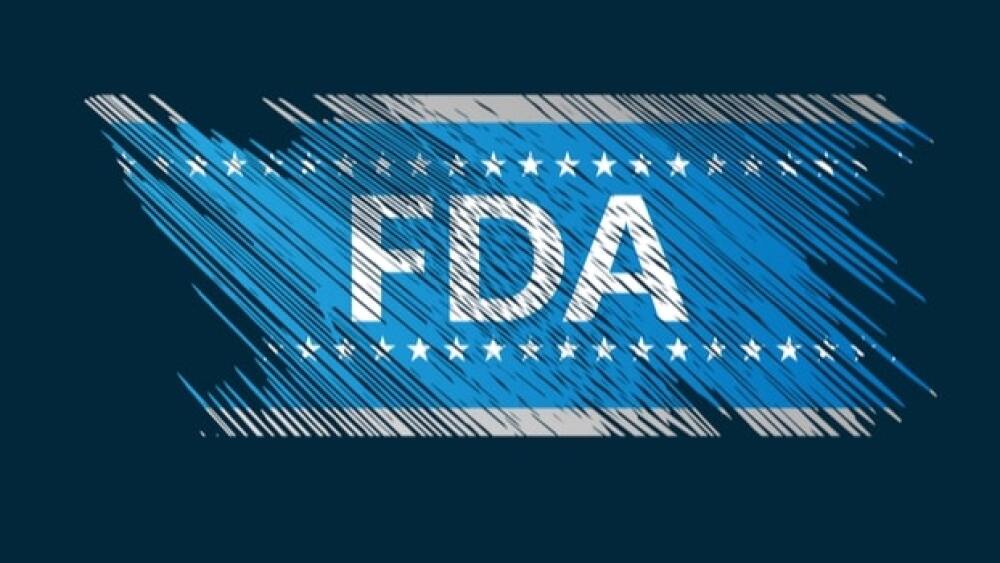It’s entirely possible that what we will be seeing most from the U.S. Food and Drug Administration for the month of September is related to treatments and vaccines for COVID-19.
It’s entirely possible that what we will be seeing most from the U.S. Food and Drug Administration (FDA) for the month of September is related to treatments and vaccines for COVID-19. In general, the vaccines probably will not have actionable data—if then—until mid-October, although it’s not impossible that there will be enough data on a few of the clinical trials, primarily Moderna, Pfizer and BioNTech, and AstraZeneca and the University of Oxford, to warrant some sort of Emergency Use Authorization (EUA). October or later, however, is more likely.
Last week, the U.S. Centers for Disease Control and Prevention (CDC) notified the public health departments in all 50 states and five large cities to prepare for the possibility of distribution of a COVID-19 vaccine by November 1. Although that has been criticized as a political ploy to have an “October surprise” ahead of the November 3 presidential election, it is more likely just the government setting in place all the needed infrastructure for widespread vaccine distribution, which really can’t wait under pandemic conditions for full FDA approval.
More likely, and eagerly anticipated, Regeneron Pharmaceuticals is expected to have data from clinical trials of its two-antibody cocktail against COVID-19 sometime in September. In a second quarter reporting conference call, George Yancopoulos, the company’s chief scientific officer, said the plan was to share “initial virology and biomarker data from the treatment studies by the end of September with clinical outcome data to follow as enrollment progresses.”
In an August scientific article, the cocktail was able to “almost completely block establishment of virus infection,” in rhesus macaques and hamsters. A Phase III trial of the cocktail, REGN-COV2, launched on August 4, so it’s possible there will be data that might prompt the FDA to issue an EUA, although, again, October is more likely.
Otherwise, although there are a few PDUFA dates for the end of September, the only one in early September is for Mallinckrodt. The UK company has a target action date of September 12 for its New Drug Application for terlipression for hepatorenal syndrome type 1 (HRS-1).
HRS-1 is an acute and life-threatening syndrome that causes acute kidney failure in individuals with cirrhosis. It has a median survival time of about two weeks and greater than 80% mortality within three months if untreated. There are no approved drug therapies for it in the U.S. and is estimated to affect between 30,000 and 40,000 people in the U.S. each year.
Terlilpressin is a potent vasopressin analogue selective for V1 receptors. The FDA granted it Fast Track designation in 2005, and in 2016, the company and the agency reached agreement on the Phase III CONFIRM trial protocol design and data analysis under the FDA’s special protocol assessment (SPA) process.
On July 15, the FDA’s Cardiovascular and Renal Drugs Advisory Committee voted to recommend approval for the drug, although the decision was split 8 to 7.
Steven Romano, executive vice president and chief scientific officer at Mallinckrodt, said at the time, “Mallinckrodt is pleased with the advisory committee’s positive vote in favor of approval for terlipressin, supporting the potential clinical value terlipressin can bring to patients with HRS-1 in need of an approved therapy in the U.S. We acknowledge the clinical challenges associated with treating this complex disease in such a critically ill patient population. We are committed to working closely with the FDA as it continues to review our application.”
During Phase III testing, 65% of patients in the terlipressin group reported serious adverse events. However, serious adverse events were also reported in 60.6% of the placebo group. The CONFIRM trial met its primary endpoint of Verified HRS Reversal (VHRSR), which was defined as renal function improvement, avoidance of dialysis and short-term survival.
In a presentation in November 2019 at the American Association for the Study of Liver diseases, 29.1% of patients who received terlipressin plus albumin achieved Verified HRS Reversal compared to 15.8% who received placebo plus albumin. Also, 36.2% of the terlipressin group demonstrated a reversal of HRS within 14 days of receiving the drug versus 16.8% in the placebo cohort.





